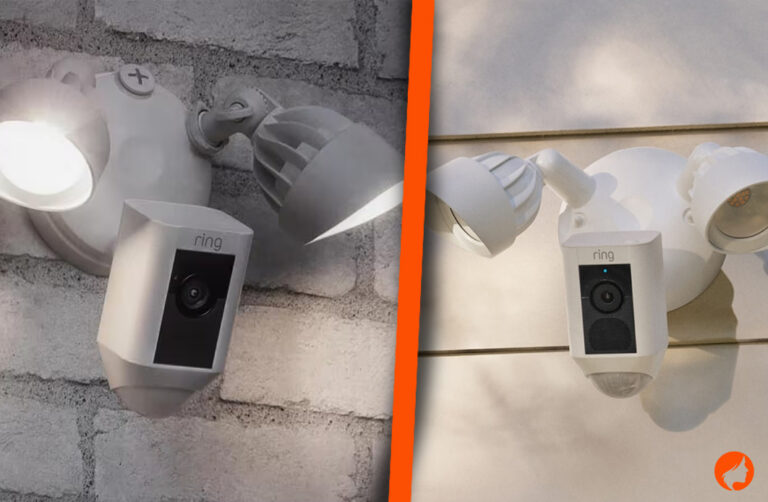Key Takeaways:
- Comprehensive home security blends technology, habits, and community awareness.
- Simple upgrades and daily routines can make a significant difference in defending your home.
- Effective security is about prevention, preparation, and balance—not just gadgets.
The Changing Landscape of Home Security
Residential security has evolved from simply locking the front door to using a layered approach that considers technology, human behavior, and the layout of your home. With break-ins occurring across all types of neighborhoods, families now view peace of mind as a daily necessity rather than a luxury. According to industry experts, criminals seek out the easiest targets, underscoring that visible deterrents and secure entry points are more relevant than ever. For those who want a deeper dive into residential security solutions that fit various property types, click here for more details and helpful strategies.
As technology rapidly advances, more households choose smart devices and proactive approaches for their security needs. This new wave of attention isn’t just about the latest gadgets; it’s about understanding and acting on vulnerabilities before problems arise. By building security into daily life, homeowners are taking meaningful steps to stop risks before they start.
Integrating Smart Technology
Smart technology is transforming the way people approach protection at home. From video doorbells and app-controlled locks to sensors and motion-activated lighting, these devices work together to create a web of awareness around your property. The home security devices guide from The New York Times emphasizes that effectiveness comes from integration, not just individual products. When a camera, alarm, and lock all connect through a single platform, homeowners can monitor and respond to situations instantly, whether upstairs or across the world.
Recognizing Physical Vulnerabilities
While technology matters, old habits or neglected fixtures often provide easy access to intruders. Unlocked doors, low windows, and garages left unattended frequently become entry points for break-ins. Landscaping, such as dense shrubs or dimly lit corners, can provide cover for criminal activity. Regularly walking around the home and identifying these weak spots can create a more secure environment without major renovations.
The Importance of Everyday Routines
Security is as much about behavior as it is about gadgets. Homes in close-knit communities, where neighbors look out for each other, typically see lower crime rates. Establishing routines like locking up every night, setting alarms, or even introducing yourself to community members fosters an atmosphere that deters crime. Forbes highlights that a third of burglaries happen because access points are left unlocked. Adopting mindful security habits can make potential intruders think twice.
Practical Upgrades for Any Home
Not all improvements need to be expensive or high-tech. Simple fixes such as reinforcing doors with strong deadbolts, adding window locks, or installing inexpensive motion-sensing lights are accessible for almost any budget. Keeping hedges trimmed and ensuring well-lit pathways also limits hiding places for would-be thieves. Making these small upgrades can create a surprising impact on overall safety for residents.
Preparedness Through Emergency Planning
Beyond prevention, being ready for emergencies is essential. Having a clear exit plan, rehearsing scenarios with family members, and ensuring everyone knows how to reach help make a real difference in a crisis. Devices with panic buttons, emergency contacts programmed into smartphones, and regular testing of smoke and security alarms are proactive ways to build readiness. Preparation means that, should a situation arise, everyone can react quickly and confidently.
Finding Balance Between Comfort and Protection
The comfort provided by always-on technology must be balanced with a focus on privacy. Every device added to a home network—from a security camera to a digital lock—requires strong passwords and up-to-date software. Properly managed, these tools offer both control and confidence without exposing personal information. With security and convenience working together, homes remain welcoming and protected.
Simple Steps to Get Started Today
Improving residential security starts with small, thoughtful actions. Walk around your home, list visible risks, ensure locks work smoothly, and set reminders for nightly checks. Talk security with your neighbors and encourage a watchful community spirit if you haven’t yet. Start with easy upgrades before investing in larger systems, and continue revisiting your strategies as your household evolves. A secure home is within everyone’s reach, and prevention is always the best defense.
Must Read: How Artificial Intelligence Is Reshaping the Future of Clean Energy Systems
